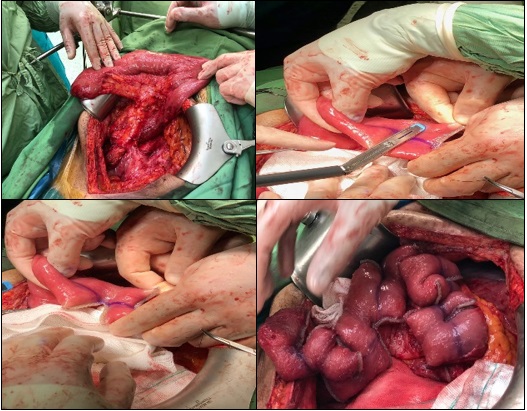Introduction: Intestinal failure (IF) - a life-threatening medical status- is a rare disease still remains orphan in most countries. However, the management of this condition is still unclear in the middle-income countries (MIC) not benefiting from HPN. The current study aimed at investigating the current management of IF utilized in our center.
Methods: In the current cross-sectional study, data were retrospectively collected from 30 patients (25 males, 5 females) who had IF between January till October 2018, at Intestinal Rehabilitation Unit of BOOALI SINA hospital affiliated to Shiraz University of Medical Sciences, Iran.
Results: This cross-sectional survey included 30 patients (mean age: 44.13±10.32 years). The study participants consisted of 5 females (16.7%) and 25 (83.3%) males. Short bowel syndrome and Entero-cutaneous fistula were reported in 60 % and 26.7 % of patients, respectively. In the present study, the most common Shaffer functional classification type of IF was type 3 (66.67 %). Mesenteric Ischemia was the main cause of IF in the present study (46.7 %). The most common complication was CI (46.7%). The overall mortality rate for 1 year was 16.7 %. STEP procedure was performed on 2 patients (6.7%). Nine patients were uneventful at home without the need for home parenteral nutrition.
Conclusion: For the first time, this study presents a guideline on the development patterns and management exigence of IF in patients from MIC not benefitting from home parenteral nutrition. It is recommended to pursue the development of registries and reproduction of health policies in terms of the promotion of long-term care for patients with IF in MIC not benefitting from HPN in further studies.


.jpg )